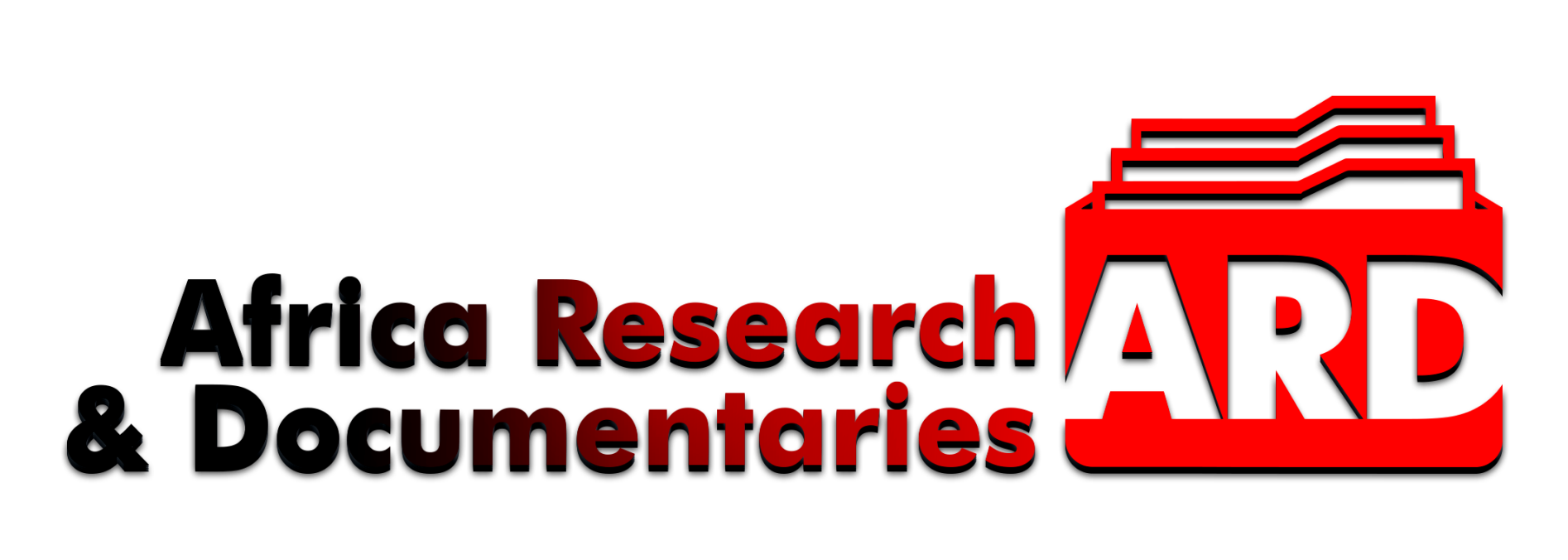Government’s Poverty Alleviation Programs: Bringing Hope to Nigerians
Small Scale Business Owners
The Federal Government of Nigeria has launched several poverty alleviation programs to support low-income families and reduce unemployment. These programs are part of a broader effort to improve the quality of life for Nigerians, especially in tough economic times.
National Social Investment Program (NSIP)
The National Social Investment Program (NSIP) is one of the government’s flagship initiatives to combat poverty. Through NSIP, millions of Nigerians have access to various schemes designed to support different sectors of society. These include:
- N-Power: A program providing young Nigerians with job training and temporary employment.
- Government Enterprise and Empowerment Program (GEEP): This offers interest-free loans to small business owners, traders, artisans, and farmers, empowering them to grow their businesses.
- Conditional Cash Transfer (CCT): Under this scheme, cash is transferred to poor and vulnerable households to help them meet their basic needs.
- National Home-Grown School Feeding Program (NHGSFP): This initiative aims to provide daily meals to school children, boosting nutrition and school enrollment rates.
Small Business Support Grants
In addition to NSIP, the government offers various grants to small business owners. These grants aim to stimulate entrepreneurship and job creation. For example, the Survival Fund provides financial support to businesses, enabling them to pay employees and stay operational during difficult times.
The National Social Investment Program is not just a relief measure; it’s a lifeline for millions of Nigerians who are working hard to improve their lives and their communities.” – Federal Ministry of Humanitarian Affairs
Impact on Nigerians
These programs have provided relief for millions of Nigerians by improving access to education, healthcare, and financial assistance. Small business owners, traders, and farmers have especially benefited, as they now have better opportunities to expand their businesses and employ others. The poverty alleviation programs have also had a positive impact on unemployment rates, particularly among youth. By providing temporary employment and training, schemes like N-Power equip young people with the skills they need to succeed in the workforce.
While challenges remain in fully addressing poverty in Nigeria, the Federal Government’s poverty alleviation programs have shown significant promise. Continued support for these initiatives, along with proper monitoring and evaluation, can lead to even greater success in uplifting vulnerable populations across the country. These programs offer hope to millions of Nigerians striving for a better future.











